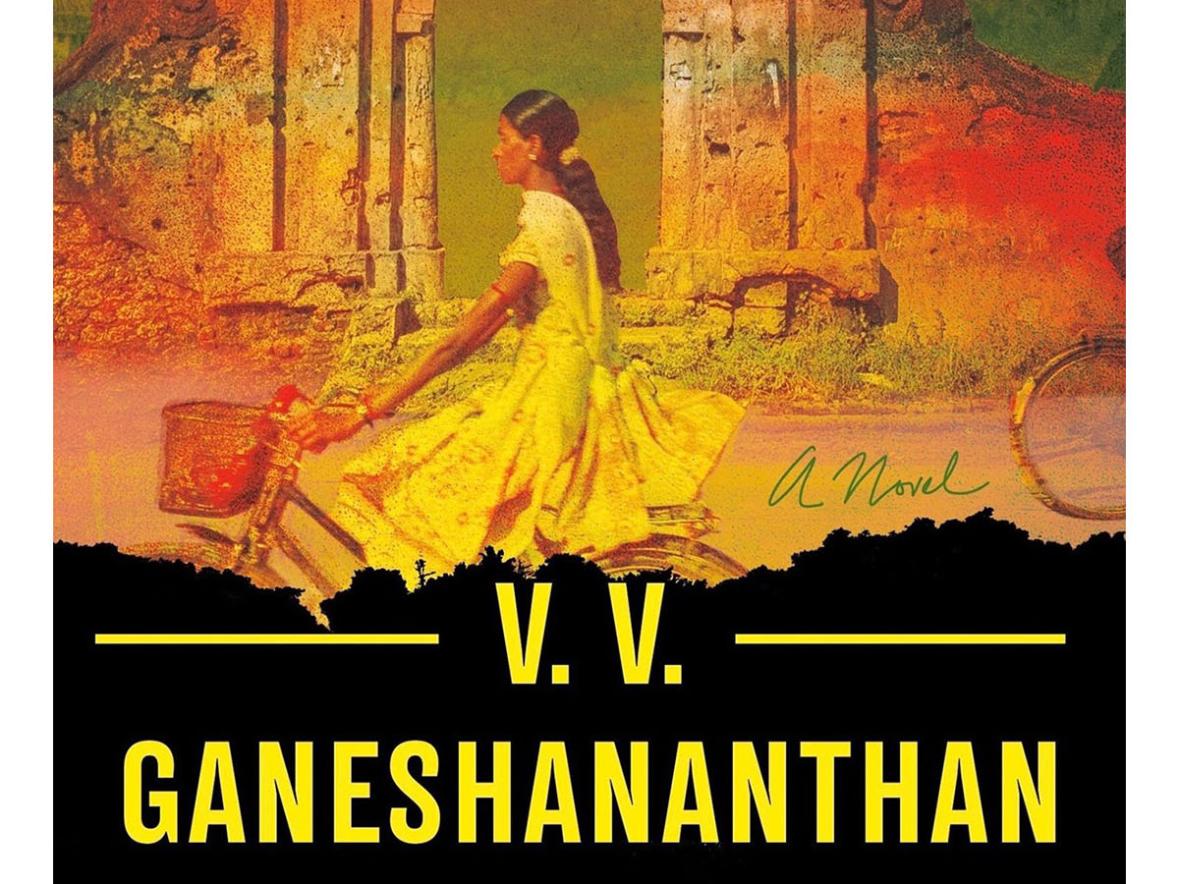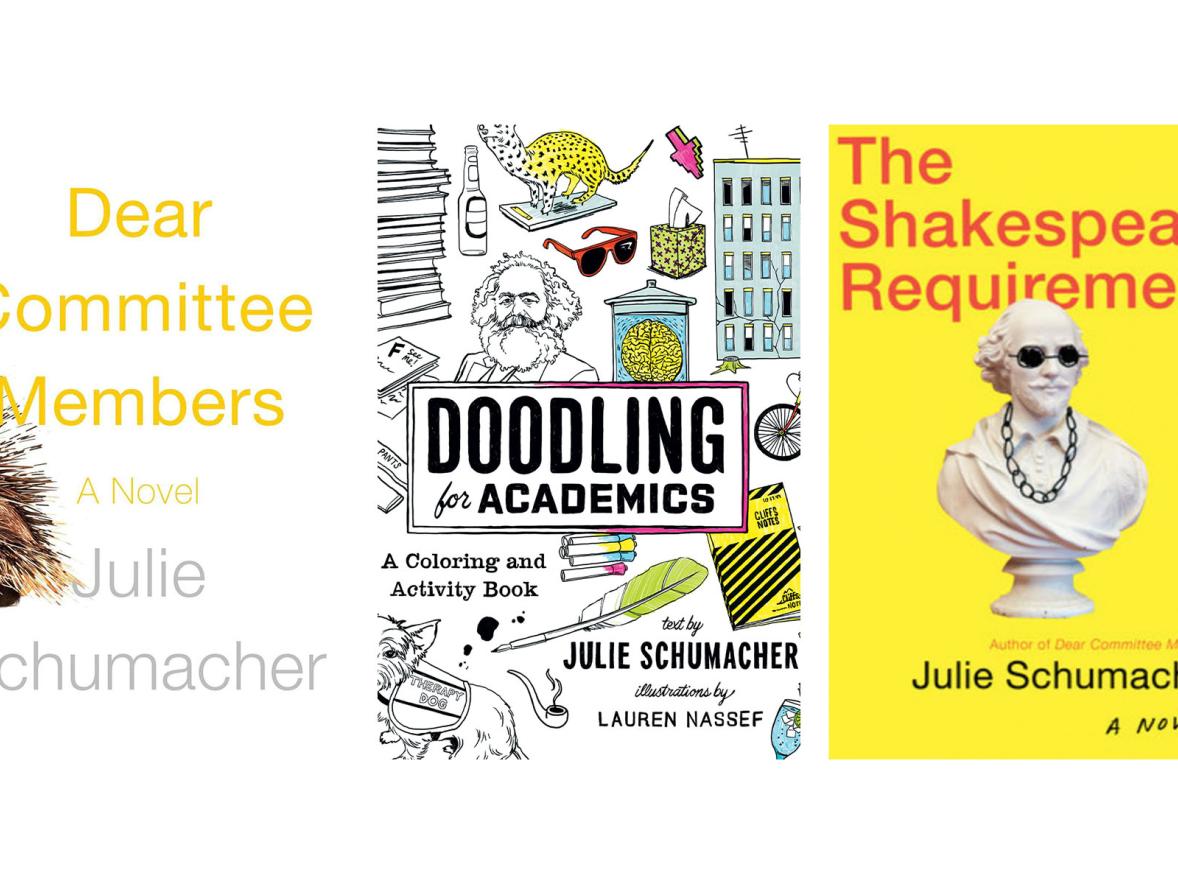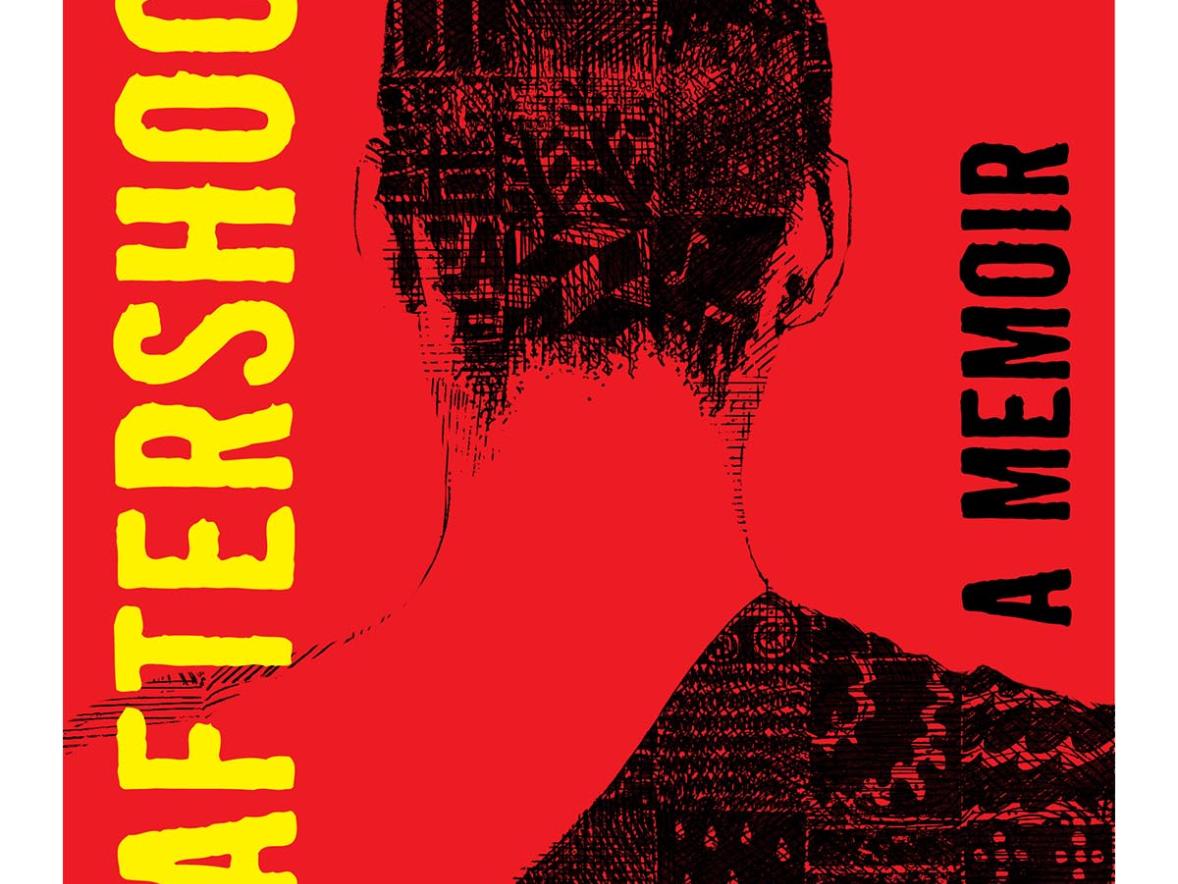The field of literary studies has undergone radical transformations from the time the vision statement was last revised at University of Wisconsin-Stout in 1987. From an emphasis on formalist structures and close reading, the last decades of the twentieth century saw literary study being deeply influenced by theoretical interventions that brought the field much closer to emancipatory social movements like feminism, multiculturalism, and other inter-disciplinary scholarly developments that focused on gender and sexuality, disability, age, disease, human rights, ethics, and technology. In summary, literary scholars now study a more comprehensive range of cultural productions from a more diverse range of perspectives than ever before.
While these transformations have produced some questions about what constitutes literature or a shared frame of reference, we see the expansion of the field as a unique opportunity for re-affirming the value of literary study in our polytechnic university. If in the past, literature was ever seen as an esoteric pursuit disconnected from the real world, now more than ever it is vitally inter-connected with our ongoing struggles for the very survival of the human species. We see these pursuits to be precisely the purpose of higher education, especially in our regional public university.
Along with all other advantages conferred by a literary education, it embodies and ignites our creativity and imagination: imagination is a force vital in our ability to think beyond existing paradigms and to adapt to conditions and crises of which we had no previous intimations. It is imagination that prepares us for the pace of changes propelled by technology. Almost every contemporary crisis whether it is the pandemic or technological surveillance, or climate change has been foreshadowed in imaginative writings.
Even beyond the gift of prophecy, literature confers on us powers of empathy and communication, so vital in addressing the political and ideological polarization of our current society. No other discipline presents such historied, compelling perspectives of conflicting positions, impelling us to listen and engage with difference.
Finally, literary study forces us to confront enduring questions about what we value, what kind of lives we want to live, and what provides us with lasting benefit and enrichment. Literary study not only sharpens our skills for success in business and industry by making us more attentive and empathetic, but creates foundations for fuller and richer lives by advancing our definition of success beyond the narrow measures of employment, material success, and economic growth, expanding into the fertile land of sustainability, community, equity, and life-long learning.
Novelist Ganeshananthan to present ‘Brotherless Night’ at Chippewa Valley Book Festival event co-hosted by UW-Stout
Continue ReadingLiterature Committee Events from Spring 2021 - Retrospective
This spring semester, our Reading Across Campus novel was "1984" by George Orwell. We had several events featuring "1984" and other ‘dystopian’ (messed up, totalitarian, technocratic societies) literature. Many of these events were held virtually, and the recordings can be accessed below:
Feb 16, 7- 8.30 p.m. Gerry Canavan lecture on 1984
Click here to watch this session
Feb 23, 6:30 p.m. International Mother Language Day
Click here to see and hear the readings
March 4, 6:30 p.m. Film Streaming and discussion V for Vendetta on MS Teams
Click here to watch this session
April 6, 7:00 p.m. Bicyclopolis reading by Minnesota author Ken Avidor (hosted by Dr. Mitch Ogden)
Click here to watch this session
April 12, 7 p.m. Monday Meet-ups: National Poetry Month Celebration, in MSC. Poet Karen Loeb will read from her work; Dr. Daniel Ruefman will lead a poetry workshop.
Unfortunately, no recording available.







